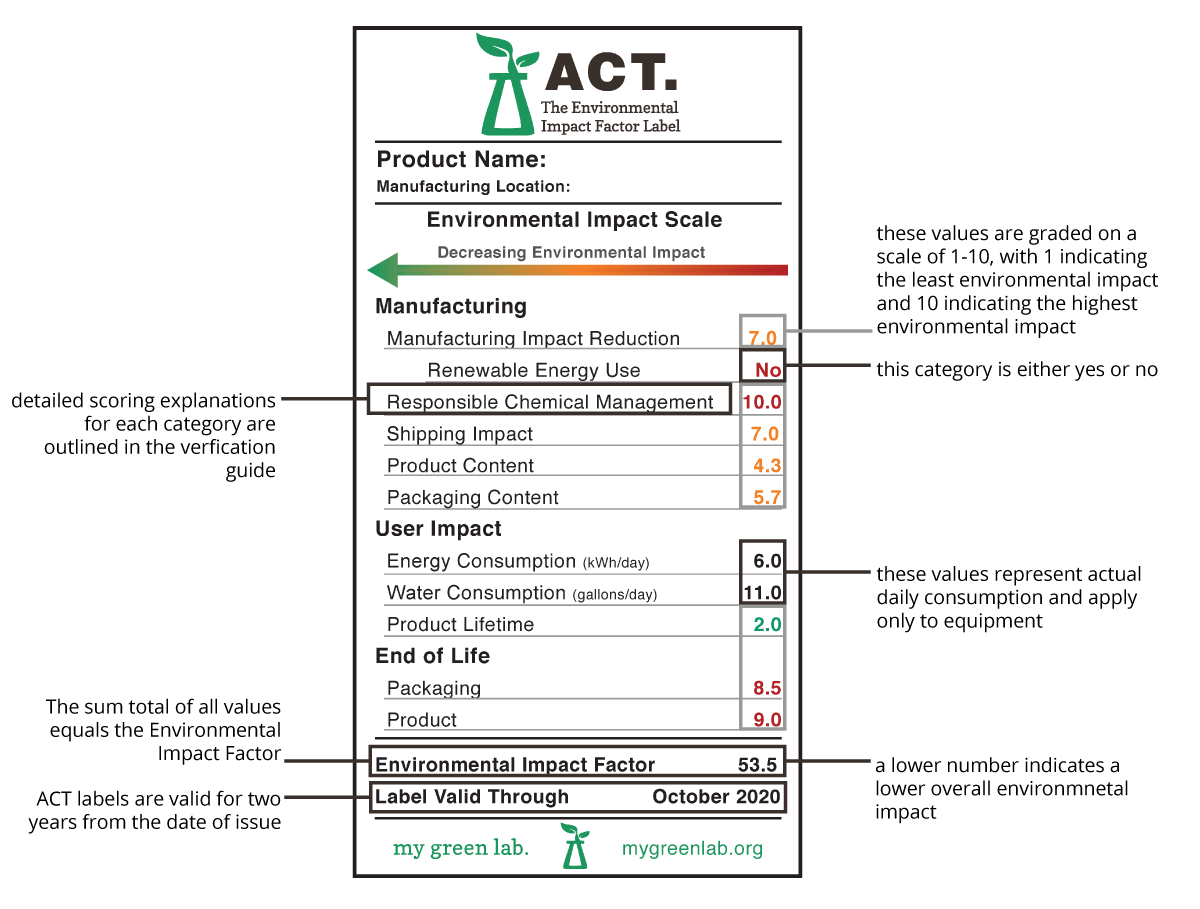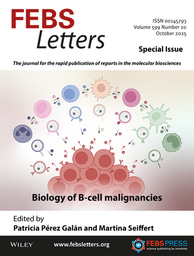Connections between laboratory research and climate change: what scientists and policy makers can do to reduce environmental impacts

Scientific research, with its myriad disciplines, global reach, and massive economic impact, moves society forward by illuminating new understandings of our planet, its organisms, and the human condition. While the scientific community and life science industry advance knowledge, this comes at a large environmental cost. Scientists across the globe are recognizing the need to be more efficient in their resource use and laboratory operations to avoid the negative impacts of the global research endeavor on our planet and its contributions to worsening human‐caused climate change. Furthermore, research as it is conducted today is rife with opportunities for greater efficiency, which directly impacts the amount of funding that is available for all scientists seeking it [[1-4]. Being more efficient in laboratories will help with the 'hyper‐competition' for research funding that scientists are currently experiencing [[5, 6]. Engagement by more scientists with laboratory sustainability efforts can accelerate positive changes at institutions and government agencies, leading to widespread, large‐scale reductions in resource use by the research sector. Exploration of resource‐saving strategies and how policy can encourage and eventually require these strategies are the focus of this article, including outlining how scientists themselves can and should lead on motivating policy change.
In this article Christina Greever, Kathryn Ramirez-Aguilar and James Connelly from My Green Lab give some valuable tips on how to make research more sustainable. Get involved, everyone can make a difference!
Read the full article in the Scientists' Forum of FEBS Letters.
Greever, C., Ramirez‐Aguilar, K. and Connelly, J. (2020), Connections between laboratory research and climate change: what scientists and policy makers can do to reduce environmental impacts. FEBS Lett., 594: 3079-3085. doi:10.1002/1873-3468.13932




Join the FEBS Network today
Joining the FEBS Network’s molecular life sciences community enables you to access special content on the site, present your profile, 'follow' contributors, 'comment' on and 'like' content, post your own content, and set up a tailored email digest for updates.